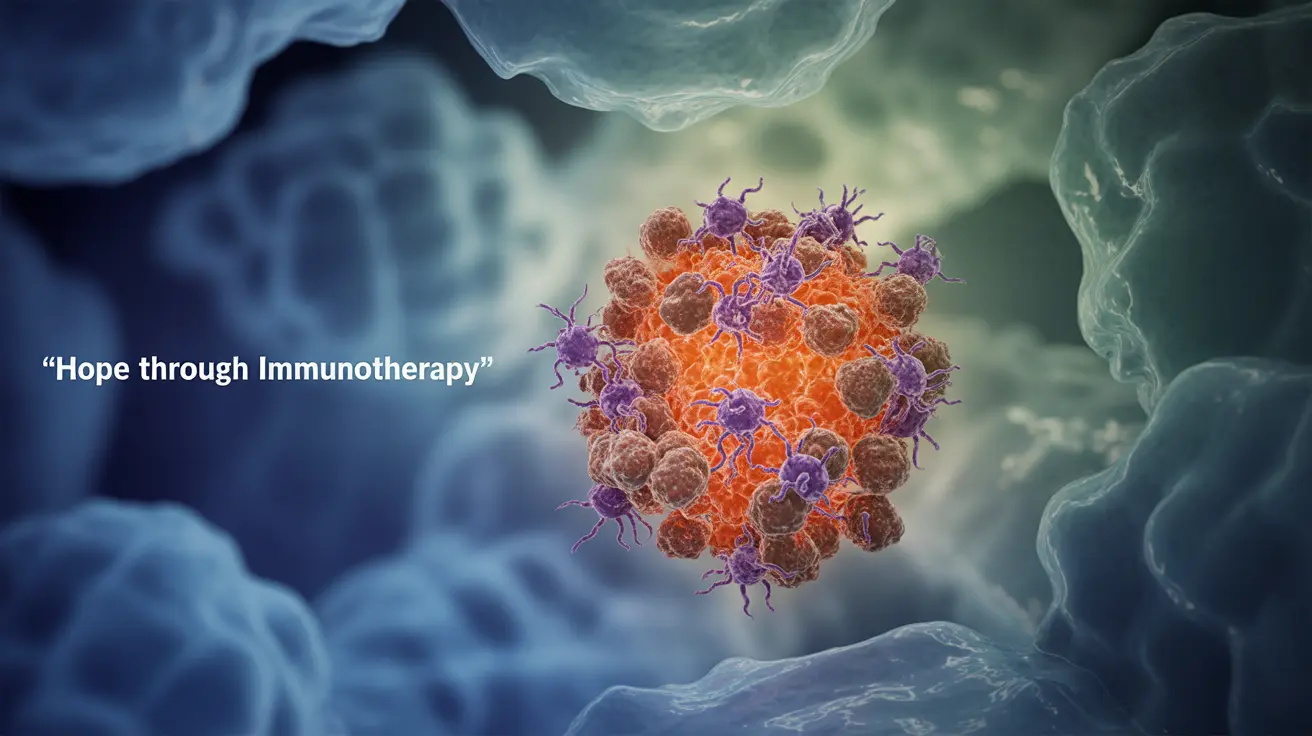Immunotherapy has emerged as a groundbreaking treatment option for esophageal cancer, offering new hope for patients facing this challenging diagnosis. As medical science advances, understanding the effectiveness of immunotherapy treatments becomes increasingly important for both patients and healthcare providers.
This comprehensive guide explores the success rates, benefits, and important considerations of immunotherapy in treating esophageal cancer, helping you make informed decisions about treatment options.
Success Rates of Immunotherapy in Esophageal Cancer Treatment
Recent clinical trials have shown promising results for immunotherapy in treating esophageal cancer. When combined with chemotherapy, immunotherapy has demonstrated significant improvements in overall survival rates compared to traditional treatment methods alone. Studies indicate that some patients experience a 20-30% higher survival rate at the two-year mark when receiving combination therapy.
However, it's important to note that success rates can vary significantly based on individual factors, including cancer stage, overall health status, and specific tumor characteristics.
How Immunotherapy Works Against Esophageal Cancer
Immunotherapy works by enhancing the body's natural immune system to fight cancer cells. This treatment approach specifically targets cancer cells while potentially causing fewer side effects than traditional chemotherapy. The mechanism involves:
- Boosting immune system recognition of cancer cells
- Strengthening the immune response against tumors
- Creating long-lasting immune memory to help prevent cancer recurrence
Determining Suitable Candidates for Treatment
Not all esophageal cancer patients are ideal candidates for immunotherapy. Several factors influence treatment suitability:
Key Eligibility Factors
Healthcare providers consider these important elements when evaluating patients for immunotherapy:
- Overall health status and performance score
- Cancer stage and type
- Previous treatment history
- Specific tumor markers and characteristics
- Presence of certain genetic mutations
Managing Side Effects and Risks
While immunotherapy often has fewer side effects than traditional chemotherapy, patients should be aware of potential complications:
Common Side Effects
- Fatigue
- Skin reactions
- Flu-like symptoms
- Digestive issues
- Hormone gland problems
Most side effects are manageable with proper medical supervision and early intervention. Regular monitoring and open communication with healthcare providers are essential for successful treatment outcomes.
Impact on Quality of Life
Immunotherapy can significantly improve quality of life for many esophageal cancer patients. Some patients experience:
- Better appetite and improved nutrition
- Reduced pain levels
- Increased energy and activity levels
- Enhanced ability to perform daily activities
- Potential tumor shrinkage leading to easier swallowing
Frequently Asked Questions
What is the success rate of immunotherapy combined with chemotherapy for advanced esophageal cancer?
Clinical trials show that combination therapy can improve survival rates by 20-30% compared to chemotherapy alone in some patient groups. Individual results vary based on specific circumstances.
How does immunotherapy improve survival in patients with esophageal cancer compared to chemotherapy alone?
Immunotherapy enhances the body's natural immune response while working alongside chemotherapy, potentially offering better tumor control and longer survival periods than chemotherapy alone.
What are the common side effects and risks associated with immunotherapy for esophageal cancer?
Common side effects include fatigue, skin reactions, flu-like symptoms, and potential autoimmune responses. Most side effects are manageable with proper medical supervision.
Who is a suitable candidate for immunotherapy treatment in esophageal cancer cases?
Suitable candidates typically have specific tumor markers, good overall health status, and meet certain genetic and clinical criteria. Individual assessment by healthcare providers determines eligibility.
Can immunotherapy make inoperable esophageal tumors operable and improve quality of life?
In some cases, immunotherapy can shrink previously inoperable tumors to make surgery possible. Many patients experience improved quality of life with better symptom management and increased activity levels.




